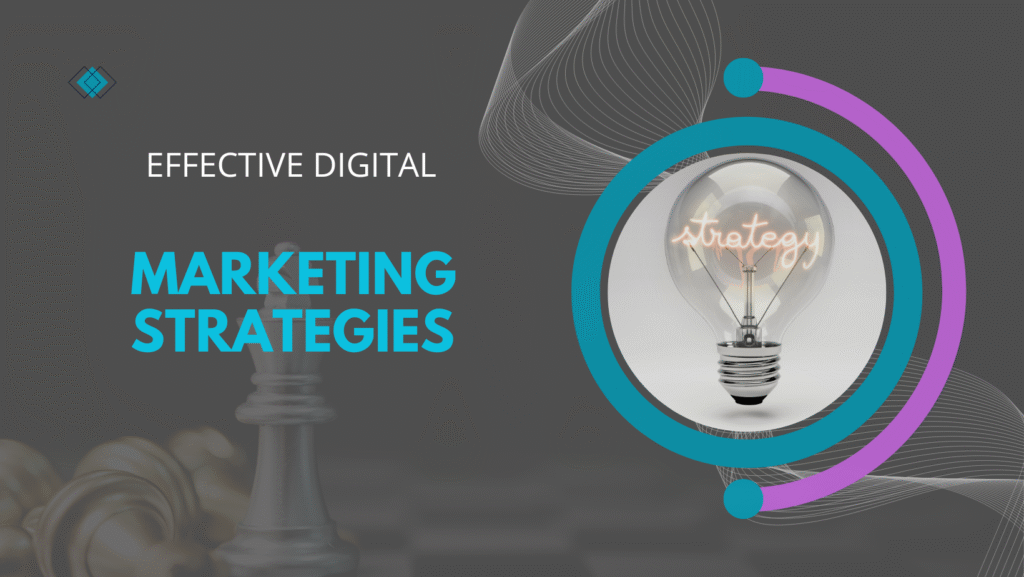The Rise of Artificial Intelligence in Marketing
In recent years, Artificial Intelligence (AI) has transformed from a futuristic buzzword to a fundamental component of digital marketing. As brands compete to capture attention in a crowded online space, AI offers powerful tools for automation, precision targeting, and personalized customer experiences. In 2025, the integration of AI into digital marketing is no longer optional—it’s essential.
AI in Digital Marketing: What Has Changed?
AI is not just a backend tool anymore. It’s now actively shaping how marketers interact with customers, interpret data, and run campaigns.
1. Smarter Customer Insights
AI analyzes massive volumes of data in real-time to identify patterns, preferences, and behaviors. This allows marketers to:
- Understand user intent
- Segment audiences more effectively
- Predict customer needs
2. Automation of Routine Tasks
AI-driven tools now handle repetitive marketing tasks such as:
- Scheduling social media posts
- Automating email campaigns
- Dynamic ad creation and placement
This frees marketers to focus on strategy and creativity.
3. Enhanced Personalization
With AI, brands can deliver hyper-personalized content based on a user’s browsing history, device, location, and even mood. This increases:
- Click-through rates
- Conversion rates
- Overall customer satisfaction
How AI is Used Across Digital Marketing Channels
1. AI in SEO
AI tools like Surfer SEO and MarketMuse help content creators:
- Identify keyword gaps
- Optimize headlines
- Analyze top-ranking pages
Google itself uses AI (RankBrain, BERT) to better understand user search intent.
2. AI in Paid Advertising
Platforms like Google Ads and Meta (Facebook/Instagram) use AI to:
- Automatically optimize bids
- Choose the best audience segments
- Predict ad performance
This results in better ROI and less manual intervention.
3. AI in Social Media Marketing
AI helps:
- Identify trending content
- Analyze engagement metrics
- Suggest optimal posting times
Tools like Lately and Emplifi use AI to turn long-form content into bite-sized social posts.
4. AI in Email Marketing
AI personalizes:
- Subject lines
- Send times
- Email content based on behavior
Platforms like Mailchimp and ActiveCampaign have integrated AI to improve open and conversion rates.
5. AI in Customer Support (Chatbots)
AI-powered chatbots like ChatGPT and Drift:
- Answer queries 24/7
- Qualify leads
- Guide users through sales funnels
They’re faster, cheaper, and scalable.
The Benefits of Using AI in Digital Marketing
- Data-Driven Decisions: Better campaign planning based on real-time data.
- Time-Saving: Focus more on strategy, less on manual work.
- Cost-Efficiency: Optimize ad spend and increase ROI.
- Improved Targeting: Reach the right audience with the right message.
- Enhanced Customer Experience: Personalization leads to loyalty.
Challenges and Ethical Concerns
1. Data Privacy
As AI collects and uses vast amounts of personal data, marketers must ensure GDPR and privacy compliance.
2. Over-Reliance on Automation
Too much automation can result in:
- Loss of human touch
- Generic content
- Missed brand tone
3. Bias in AI Algorithms
AI models can reflect biases present in training data, leading to skewed results or discriminatory targeting.
The Future of AI in Digital Marketing
Predictive Marketing
AI will not just react—it will predict what users want next.
Voice & Visual Search Optimization
With tools like Google Lens and smart assistants, marketers must optimize for how people search beyond text.
Generative AI Content Creation
AI tools like Jasper and ChatGPT are already helping generate blogs, product descriptions, and ads.
Augmented Reality (AR) Experiences
AI will power more immersive marketing—virtual try-ons, AR product demos, and AI-driven virtual assistants.
AI is a Game-Changer, Not a Replacement
AI is reshaping how we do digital marketing, making it faster, smarter, and more effective. But the best results come when AI is combined with human creativity. As we move into a future where automation is standard, the brands that blend tech and storytelling will lead the way.


